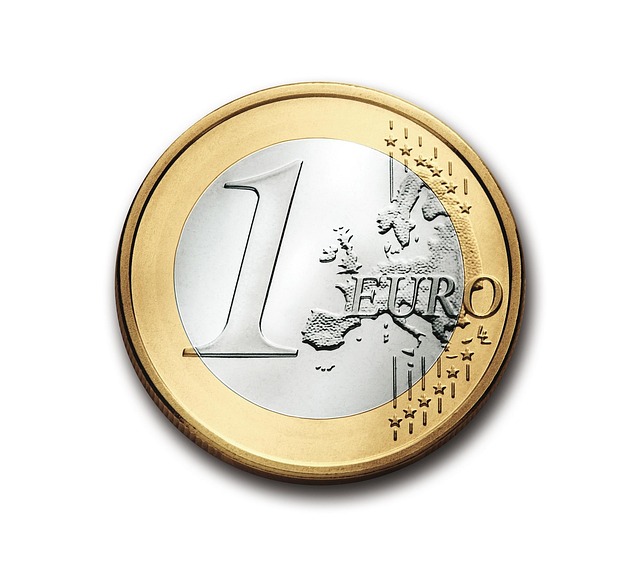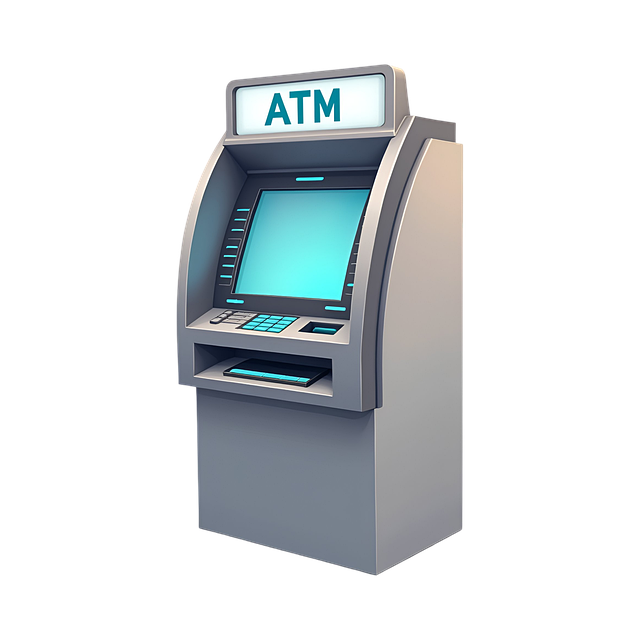TL;DR:
Depositing money offers flexible options through cash or electronic/digital methods, each with unique benefits. Cash deposits involve physical transactions, while electronic deposits leverage technology for seamless transfers between accounts via direct deposits, online banking, mobile payments, or peer-to-peer apps. Automating deposits through high-yield savings accounts and diverse investment portfolios is strategic for efficient financial management in today's tech-driven landscape. Online banking transfers prioritize convenience, security, and instant updates, while cash deposits provide immediate confirmation despite potential accessibility issues outside business hours.
Discover effective depositing money strategies to optimize your financial management. This comprehensive guide explores different types of deposits, offering insights into various methods like instant transfers, mobile banking, and automated clearing house (ACH) deposits. Learn strategic tips for efficient money depositing while understanding the benefits and considerations of each approach. Enhance your financial literacy and make informed decisions with our detailed analysis.
- Understanding Different Types of Deposits
- Strategies for Effective Money Depositing
- Benefits and Considerations for Various Deposit Methods
Understanding Different Types of Deposits

When it comes to depositing money, understanding the various types available is a strategic move for any individual or business. Different deposit options cater to distinct needs, offering flexibility and tailored solutions. The two primary categories are cash deposits and electronic/digital deposits. Cash deposits involve physically bringing currency to a financial institution, which could be done through teller transactions or automated deposites at ATMs. This method is often preferred for its simplicity and the immediate impact on one’s account balance.
On the other hand, electronic deposits streamline the process by allowing funds to be transferred from one’s bank account to another digitally. These can include direct deposits from employers, online banking transfers, mobile payments, or even peer-to-peer payment apps. Electronic depositing money offers convenience, speed, and enhanced security through encryption and authentication measures. With technology playing a significant role in today’s financial landscape, embracing digital deposit strategies is becoming increasingly essential for efficient depositing money management.
Strategies for Effective Money Depositing

Effective money depositing strategies are essential for managing finances efficiently and achieving financial goals. One key strategy is depositing money regularly into savings accounts or investment vehicles. Establishing a consistent saving habit, whether weekly, bi-weekly, or monthly, helps to build a financial cushion and supports long-term growth. Automating these deposits through direct transfers from checking accounts can streamline the process, ensuring funds are set aside without effort.
Additionally, depositing money strategically involves considering different types of accounts tailored to specific needs. High-yield savings accounts offer competitive interest rates, maximizing returns on idle funds. For longer-term goals, investing in diverse portfolios through mutual funds or exchange-traded funds (ETFs) can provide better growth potential compared to traditional savings accounts. Diversification is crucial; spreading investments across various assets reduces risk and enhances the overall health of your financial portfolio.
Benefits and Considerations for Various Deposit Methods

When it comes to depositing money, various methods offer unique benefits and considerations. Online banking transfers are convenient and secure, allowing users to move funds instantly with just a few clicks. This digital approach is popular for its ease of use, especially on mobile devices, making it an attractive option for those who prefer the convenience of managing their finances online. Moreover, many online banks offer competitive interest rates, encouraging savings while providing quick access to deposits.
On the other hand, cash deposits at ATMs or branch offices remain a traditional yet reliable method. This approach is particularly useful for those without access to digital banking services or who prefer a more hands-on transaction. Cash deposits also ensure immediate confirmation of the deposit amount, offering transparency and peace of mind. However, it may not be as accessible or efficient as online transfers, especially during non-business hours.
When it comes to depositing money, understanding the various strategies and methods available empowers individuals to make informed decisions tailored to their financial goals. By exploring different types of deposits, implementing effective strategies, and considering the unique benefits and drawbacks of each approach, folks can optimize their financial management. In today’s digital era, navigating these options offers a chance to revolutionize one’s relationship with money, ensuring a secure and prosperous future.






